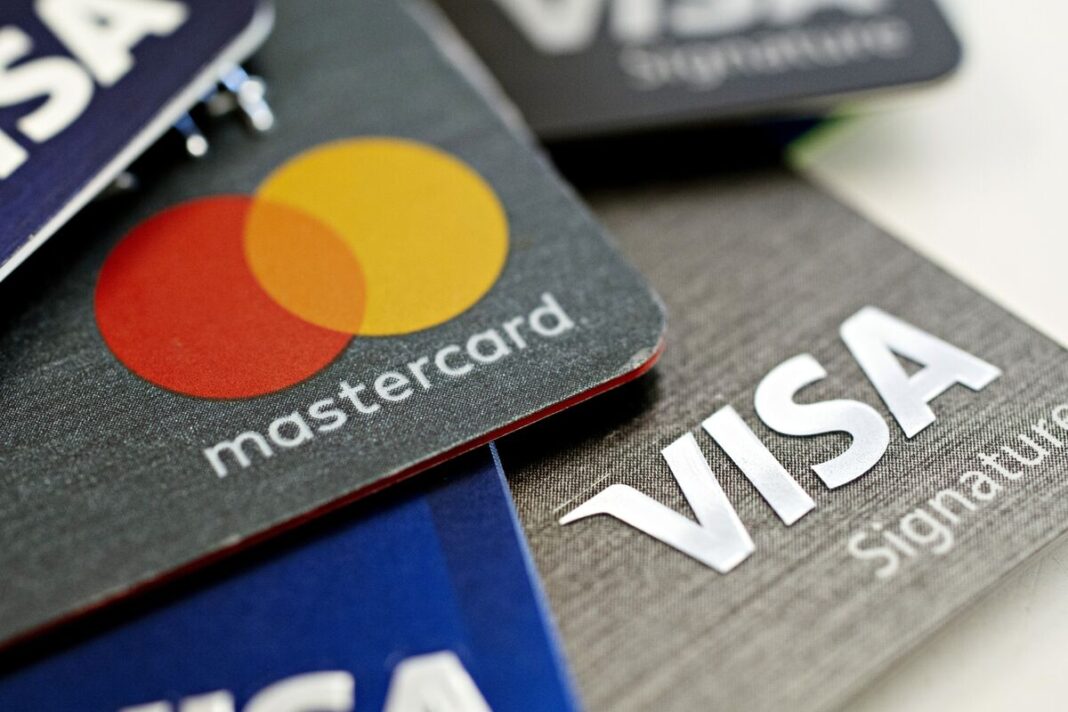Visa and Mastercard: A 20-Year Legal Saga with Merchants
The banking and financial services landscape has undergone numerous transformations over the years, but few stories are as intriguing as the long-standing legal battle between Visa, Mastercard, and merchants. Recently reported by the Wall Street Journal, it appears that these two payment giants are on the verge of finally settling a dispute that has spanned two decades. Understanding the intricacies of this situation requires a dive into the history, implications, and potential outcomes of the settlement.
The Genesis of a Dispute
The roots of the conflict trace back to the early 2000s, when merchants banded together to challenge the fees charged by Visa and Mastercard for credit card transactions. Merchants argued that these interchange fees, which are charged every time a customer uses a credit card, were excessively high and anti-competitive. This led to a class-action lawsuit initiated in 2005, wherein retail groups accused the card networks of operating a monopolistic system that unfairly burdened retailers and consumers.
The Legal Battleground
Over the years, the legal tussle has involved several rounds of court battles, hearings, and negotiations. The core of the merchants’ argument hinges on the notion that Visa and Mastercard effectively controlled the market, stifling competition and innovation. As a result, they claimed, small businesses were disproportionately harmed, leading to higher prices for consumers. The legal proceedings have often highlighted the complexity of financial regulations and the dynamics of the retail sector.
Key Developments and Rulings
As the lawsuit progressed, a series of landmark rulings shaped the conversation around merchant fees. Initial court decisions leaned in favor of the merchants, prompting the payment networks to make adjustments to their fee structures. However, the outcome was never definitive, and negotiations often seemed to stall, primarily due to the sheer scale and financial implications involved.
Settlement Talks: A New Chapter?
Fast forward to the present, and reports indicate that Visa and Mastercard may be nearing a settlement that could bring this lengthy dispute to a close. According to sources familiar with the matter, the discussions are in advanced stages, but details remain closely guarded. The prospect of a settlement is significant, as it could lead to a reduction in interchange fees and potentially reshape the dynamics of card payments in favor of merchants.
Implications for Merchants and Consumers
Should a settlement be reached, the implications would be multifaceted. For merchants, a reduction in interchange fees would alleviate some financial pressure, potentially allowing for lower prices for consumers. It could also pave the way for increased competition among payment providers, enhancing services and possibly leading to innovations in transaction processing.
Broader Impact on the Financial Industry
Moreover, this development could serve as a catalyst for broader changes within the financial services industry. If Visa and Mastercard settle, it could encourage other payment networks to rethink their fee structures and policies, sparking positive changes across the board. Such a shift might empower businesses of all sizes to leverage more competitive payment solutions, which could ultimately lead to a more balanced relationship between merchants and payment processors.
Looking Ahead
While the prospect of a settlement is exciting, it is essential to recognize that the finalization of such an agreement will likely be complex. Regulatory scrutiny and potential challenges from various stakeholders could still arise, influencing the outcome. Furthermore, the long-term effects on consumer behavior and market trends remain to be seen, as the settlement unfolds.
In Summary
The potential settlement between Visa and Mastercard with merchants signals a pivotal moment in the ongoing saga of payment processing. With a history steeped in contention, this resolution may not only alleviate the burdens on merchants but also reshape the landscape of financial transactions in the years to come. As developments continue to unfold, the financial world will undoubtedly be watching closely.



